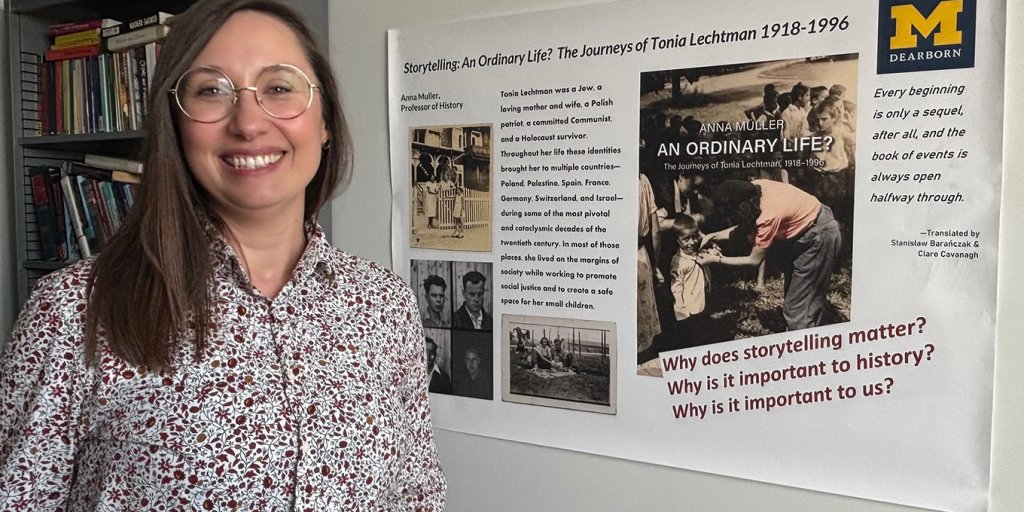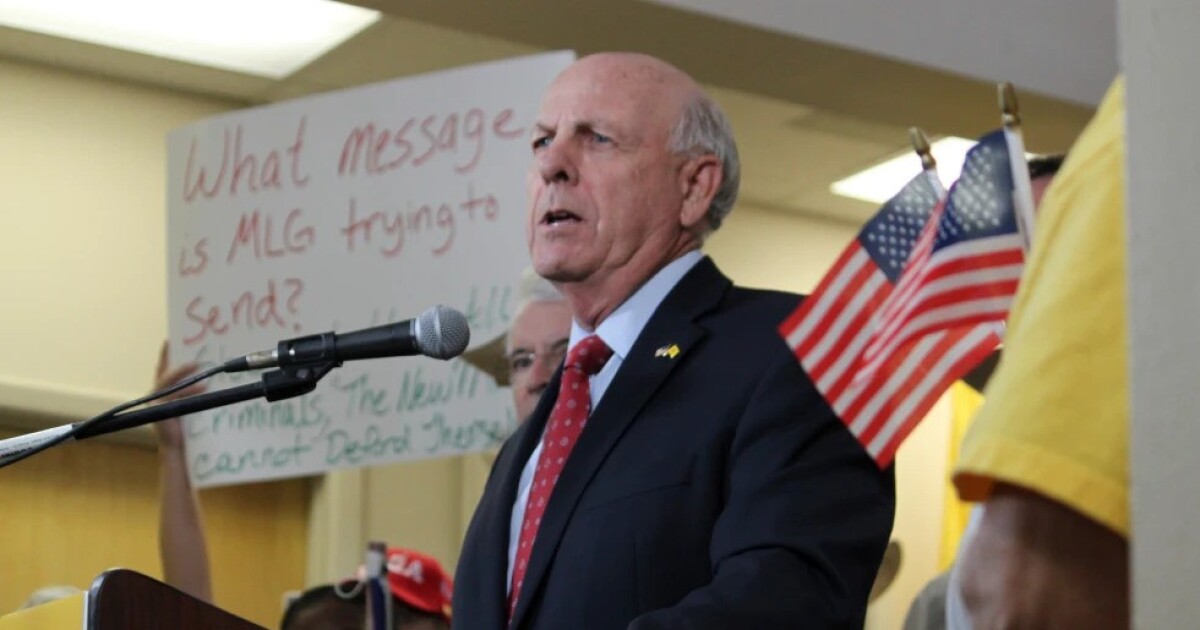In post-war Poland, Tonia Lechtman’s life was profoundly shaped by the Cold War. Suspicious of her American ties through humanitarian work, the Soviet-controlled Polish government jailed her from 1949 to 1954. Lechtman’s work with the United Nations Relief and Rehabilitation Aid, such as establishing a hospital in southern Poland, was a focal point of suspicion.
“Even when she made it back to her homeland, dictatorships continued to deprive her of freedom. While in that prison, she was severely beaten, lost all of her teeth and, after prison, she was subjected to electroshock therapy for mental health treatment,” Müller says. “In a letter Tonia wrote after she got out, she said that she didn’t regret the choices that she made.” After her release, she stayed in Poland until 1971, during a time of rising antisemitism, before moving to Israel to join her family.
“It’s incredible what Tonia lived through,” Müller remarks. “Even after she was released from prison, she maintained this calm, positive outlook and talked about helping people in her letters. She kept saying that it was going to be OK.”
Müller, originally from Poland, discovered Lechtman’s story in 2010 while researching women in Polish prisons. A former prisoner mentioned Lechtman, sparking Müller’s interest. Though Lechtman had passed away, Müller contacted her children and discovered a trove of letters in Vera’s attic, spanning over 50 years and written in multiple languages.
Drawn by the letters’ rich content, Müller decided to document Lechtman’s experiences through a book. “We often hear interesting family stories during historic times that were passed down, but we often don’t have documentation to back them up,” Müller states. “Famous people are written about more because their lives are documented in the news or very often they write their histories themselves. Ordinary people usually don’t have that, even when things are extraordinary. However, in this case, because all these letters were saved, I was able to connect the dots and reconstruct her story.”
Now, Tonia Lechtman’s life story, once confined to family narratives and attic letters, has been shared with the world.
Interested in learning more about Müller’s book or having her speak at an event regarding her research? Contact Müller here.
—
Read More Michigan News










